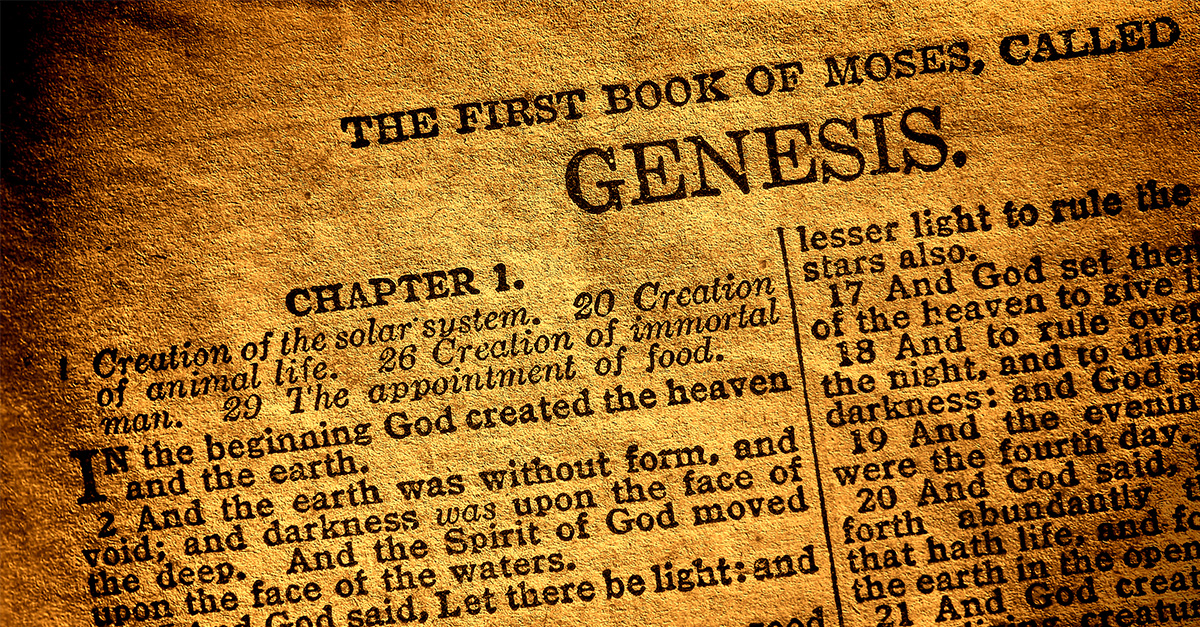


Get a free copy of Parental Rights & Education when you subscribe to our newsletter!

“These men grew up to be missionaries, preachers, and defenders of the faith….Notably, each of these men ‘[rose] up and called [their mothers] blessed,’ attributing their faith to the commitment of their mothers.”
–REAGAN ESCUDÉ SCOTT
Last year, when I was pregnant with my son, I read a book called Devoted: Great Men and Their Godly Moms. Tim Challies, the author, brilliantly illustrated the stories of great men throughout church history who largely attributed their faith in Christ to their mother’s influence. With Mother’s Day around the corner, I can’t stop thinking about this book and the call to action it leaves me with as I approach the first Mother’s Day with my baby boy earthside.
…answered the supplications of their mothers.
…mercifully drew them to Himself despite their sins and through their trials.
…loved them first — before the foundation of the world.
…reminded each of them of His grace by putting them in the care of mothers who were faithful, obedient servants of Christ.
One of the chapters in Challies’ book tells the story of Hudson Taylor, a missionary in China whose obedience led thousands to Christ. While Christians may know him as just that — a great missionary — Hudson was once a scoffer, a rebel, and an avaricious teen. But God used his mother’s prayers to pull Hudson out of his rebellion.
Amelia, Hudson’s mother, traveled 50 miles from their home in Barnsley, England, to visit her sister. It was during this time that she resolved to lock herself in her room for hours and plead to God that He would save Hudson. Her compulsion to pray for her son grew to such a degree that she decided that she would not leave the room until she was assured that God would answer her prayer. Her heart soon turned from pleading to praise when she found herself worshiping and thanking God that He had opened Hudson’s eyes to salvation.
Back at home, Hudson was bored. He meandered around the house, landing himself in his father’s library where he began pulling books off of the shelves. He landed on a gospel tract titled “Poor Richard” and read the words, “the finished work of Christ.” It was that day that Hudson understood that Christ’s work on the cross was sufficient for his salvation, and he fell to his knees in repentance, praising God for his salvation while his mother was in her room, miles away, doing the very same thing.
As Hudson set off to depart England for China, he wrote this about his goodbyes to his mother:
“As we passed through the gates and the separation really commenced, never shall I forget the cry of anguish wrung from that mother’s heart. It went through me like a knife. I never knew so fully, until then, what ‘God so loved the world’ meant. And I am quite sure my precious mother learned more of the love of God for the perishing in that one hour than in all her life before.”
Saint Augustine of Hippo is one of the most notable Church fathers whose theology and pastoral teachings shaped the early Church. In fact, his works still impact the Church today as Christians read and study his Confessions and City of God. But Augustine, while a teacher of so many, must have learned from someone about God. It certainly wasn’t his father, who was a drunk and adulterous pagan until coming to salvation late in life. Rather, it was Augustine’s mother, to whom he had caused much grief in his early years, rejecting the Christian faith in exchange for hedonism, who helped bring him back to God.
In Confessions, Augustine admits to exploring the cult of Manichaeism, giving into carnal temptation, and pursuing thievery, fornication, drunkenness, and pride.
Augustine’s mother, Monica, who committed her attention solely to her children, responded to his dead state with prayer and fasting. She pleaded with Augustine to repent, turn from his wicked ways, and come to Christ. One bishop comforted her by saying, “It is not possible that the son of so many tears should perish.” Anguished but hopeful, she remained close to Augustine as he moved to Milan for his career as a professor.
While there, he was attracted to the intellect of Bishop Ambrose, who graciously answered his questions about Christianity. He became troubled because of his bondage to sexual pleasures, and he went out to a garden and wept under a fig tree. He began to cry out the words of Psalm 13: “How long, O Lord?” Soon after, he overheard a child chanting, “tolle lege, tolle lege,” or “take up and read, take up and read” in Latin. He saw this as a command from the Lord and immediately read the nearest text — Paul’s letter to the Romans, most notably verse 13:13:
“Let us walk properly as in the daytime, not in orgies and drunkenness, not in sexual immorality and sensuality, not in quarreling and jealousy. But put on the Lord Jesus Christ, and make no provision for the flesh, to gratify its desires.”
Immediately, he was convicted to repent of his sin and unbelief. Monica, patient as she was, was able to witness her prayers answered as Augustine was baptized the following Easter. She died months later, comforted in knowing that her son did indeed come to Christ. In writing about his mother, Augustine recalled his mother reading the Psalms to him as a boy:
“She was walking steadily in the path in which I was as yet feeling my way. [She is] now gone from my sight, who for years had wept over me, that I might live in [God’s] sight.”
John Newton’s mother was physically weak, chronically fatigued and bedridden due to a fatal diagnosis of tuberculosis. Yet, she was spiritually strong, always working diligently to teach John catechisms, hymns, and Scripture from the time he was a toddler. Those lessons were not in vain, though Newton would fall away as a young man and become a slave ship captain. When his ship hit a nasty storm, though, he recalled his mother’s lessons and cried out to God to save him so he could serve him forever. Newton did exactly that, becoming an Anglican priest, writing hymns, including most famously “Amazing Grace,” and testifying to his experience as a slave ship captain in such detail that it helped convince Parliament to ban the slave trade.
Charles Spurgeon’s mother begged and pleaded with God to save her rebellious son. Little did she know that he would one day grow up to be known as the “Prince of Preachers,” seeing thousands upon thousands of people flocking to his church to hear him preach. He would later say of his mother:
“I am sure that, in my early youth, no teaching ever made such an impression upon my mind as the instruction of my mother; neither can I conceive that, to any child, there can be one who will have such influence over the heart as the mother who has so tenderly cared for her offspring.”
John Piper’s mother was no theologian like her famous and influential son, but she read no book except the Bible, could recite the Proverbs, and would pray alongside her children. She was an ordinary, simple woman who dedicated herself to serving her husband and raising her family, and John admits that her faithfulness shapes much of the way he approaches life today. He would later say of her teaching and example: “She stamped me more than anybody in the world — there’s just no doubt about it.”
These are just a few of the stories included in Challies’ book, but each one serves as an encouragement to me, and hopefully to you as well, that a Christian mother’s work is no task to be taken lightly.
These men grew up to be missionaries, preachers, and defenders of the faith, receiving credit for their faithfulness as their mothers worked behind the scenes unto death. Notably, each of these men “[rose] up and called [their mothers] blessed,” attributing their faith to the commitment of their mothers (Proverbs 31:28). Besides this, one of the most striking commonalities among the stories of these men is that the work of their mothers was largely unseen. It involved prayer, perseverance, patience, sacrifice, and servitude — things that no one outside of the home would know, acknowledge, or applaud.
The commitment of these mothers was an act of faith, as it is for any mother — one that continuously requires praying for the Lord’s intervention, persevering through hardship, waiting patiently, dying daily to self, and serving the Lord by making a home.
This means washing the dishes for the 1,000th time, even though you may not feel like it. This means showing kindness to your husband, despite the long day you’ve had cleaning up messes, feeding little mouths, and rocking angsty toddlers to sleep. This means committing yourself to the spiritual care of your children by setting an example for them and teaching them in the way of righteousness.
No matter how ordinary or mundane the tasks may seem, you can be certain that eternal reward and a reaping of a glorious harvest awaits the faithful mother who is steadfast in her desire to see her children grow to be even more like Christ than she.
Follow Reagan on Twitter! @thereaganscott
Ready to dive deeper into the intersection of faith and policy? Head over to our Theology of Politics series page where we’ve published several long-form pieces that will help Christians navigate where their faith should direct them on political issues.

Notifications